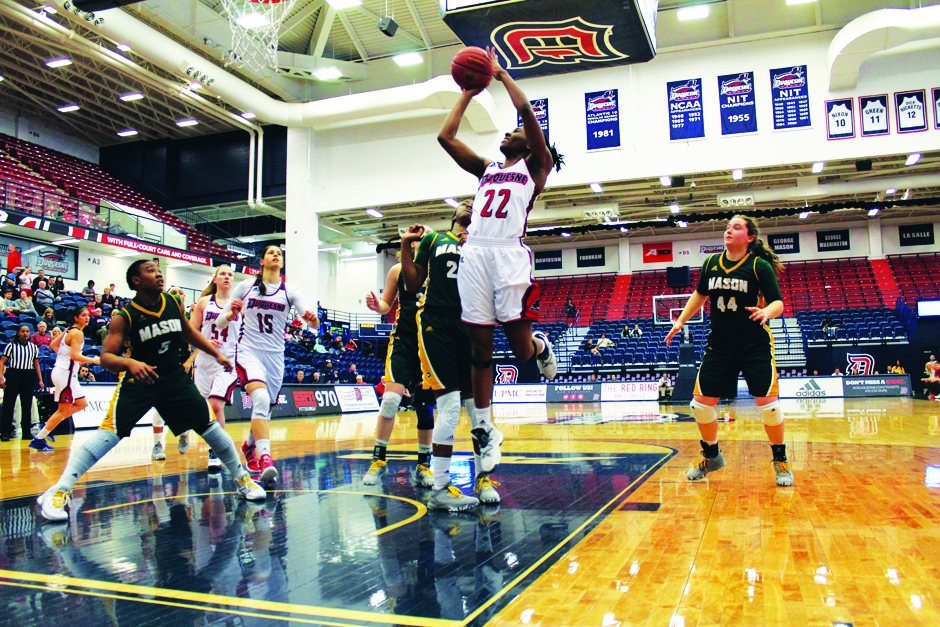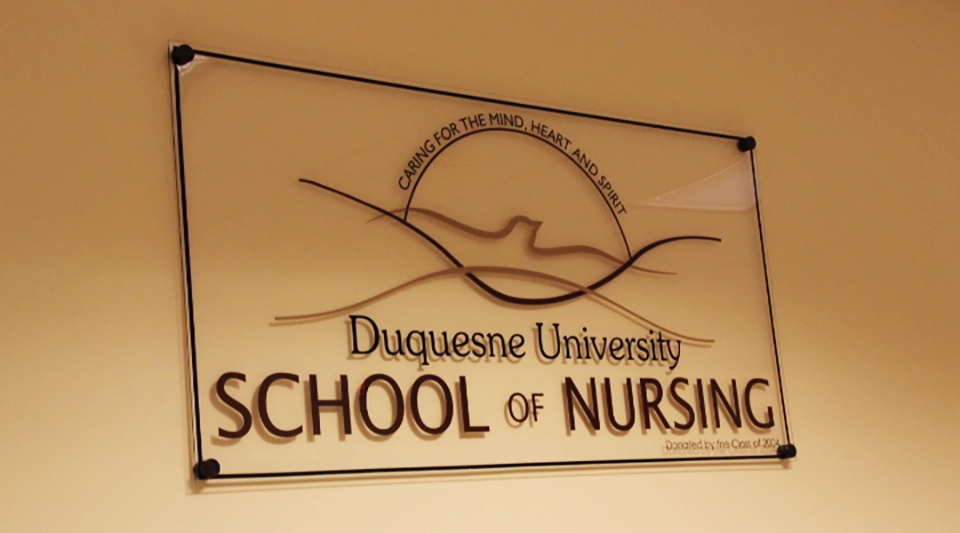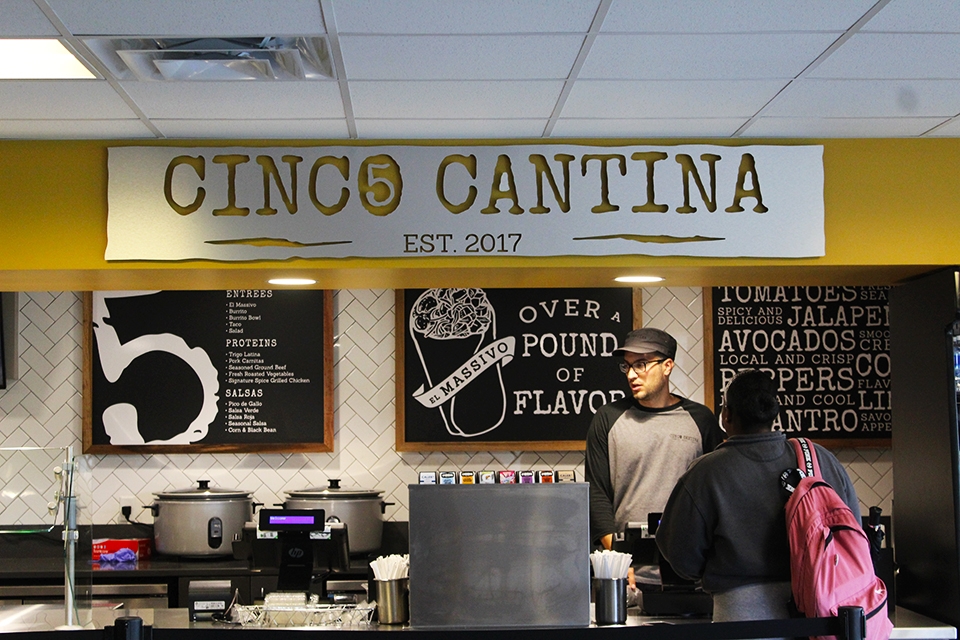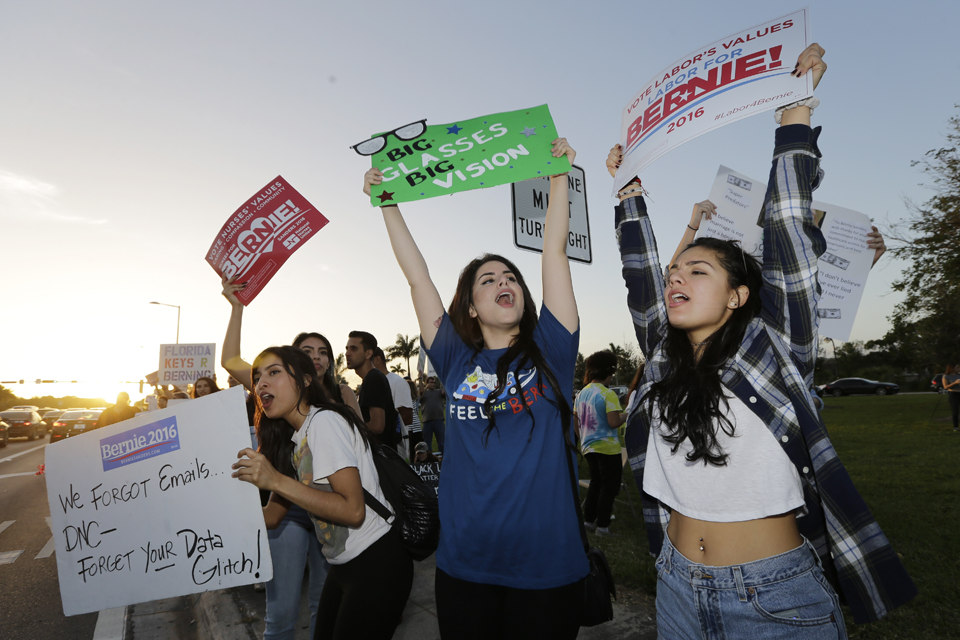
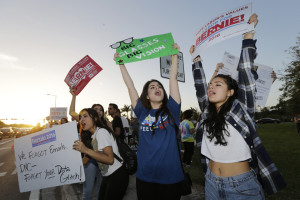
By Brandon Addeo | Asst. News Editor
After Tuesday’s primaries saw continued success for Donald Trump and a further tightening of the Democratic race between Hillary Clinton and Bernie Sanders, national attention is firmly focused on who will be the final two candidates for the United States presidency.
Students at Duquesne, however, don’t really seem to care.
As the April 26 Pennsylvania primary date fast approaches, voters aged 18-29 make up an equal amount of the electorate as baby boomers for the first time, according to The New York Times.
However, Duquesne’s student political groups are finding it difficult to attract students to their events, discussions and meetings.
Political groups on campus have reported low membership and meeting turnouts.
“We’re finding it difficult to get people involved and hands-on,” said Leah Pier, a freshman economics and finance major and president of Duquesne’s College Republicans.
Pier said the College Republicans have about eight or nine regular members, a trend reflected in Duquesne’s Young Democrats and the Duquesne Liberty Alliance, a libertarian group.
Junior economics major and Liberty Alliance President Tyler Siminski said his organization has about 15 members, but boosting attendance at their weekly meetings can be “hard at times.”
According to Pier, partisan political groups on campus face restrictions on what activities they can engage in.
“Any speakers we invite have to be approved by Duquesne,” Pier said.
The university also does not permit partisan student groups to host political events, such as voter registration drives. Instead, the Student Government Association will host a registration drive on March 21-23 from 10 a.m. to 2 p.m.
“Because [Duquesne University] is a nonprofit organization, we’re the only ones that can [host the event],” said senior Michael Rand, SGA’s Vice President of Finance. He said this is because Duquesne would jeopardize its nonprofit standing if the university were to appear partisan.
SGA senators will be staffing a table on Academic Walk outside the Student Union where students can use a laptop and tablet to register to vote online, according to SGA Executive Vice President for Student Life Tyler McCardell.
While they cannot participate directly in the drive, Duquesne’s political groups can “get the word out on campus” about registration and promote the event, sophomore music and business major and Duquesne Young Democrats Co-President Christian Sesek said.
Sesek said the Young Democrats are “focusing” on recruitment, but conflicts have hampered attendance.
“We have a group of interested members, it’s just [difficult] getting them to the meetings,” he said.
Sesek added he has spoken with Pier and hopes to partner with the College Republicans for a debate in the near-future.
Simisnki said while he understands why Duquesne has restrictions in place for student groups, they act as a “deterrent” for political dialogue.
“I see a low level of political activism on Duquesne’s campus compared to others,” he said. “You go to a campus like Pitt or Point Park and you see [more events].
“If restrictions weren’t as heavy then politics could be advertised, and it would be in front of people’s minds,” Simisnki said.
He added that political consciousness on campus could be increased by requiring more students to take an “all-encompassing” political science class, something he says most majors don’t require.
Sesek said he believes Duquesne students are politically conscious—it’s just a matter of increasing student activism.
“From my experience, it seems as if everyone has an opinion,” he said. “The important thing for groups like ours is to get students involved who have an opinion.”
Pier agrees that more students must become politically active.
“People have opinions, but they don’t want to get involved,” she said. “I think people should know that they don’t have to be a 100 percent activist to be involved. Just pay attention, research all sides and find a candidate that works for you.
“Don’t just vote for who your parents vote for,” she added.
John Hanley, a professor of political science at Duquesne, said Pennsylvania’s role in the presidential primary is minimal because it is late in the election season.
“The Republican nomination is closing up very quickly and the Democratic nomination race may be a little slow to finish but the momentum is with Hillary [Clinton],” Hanley said. “ By the time we get to April 26, [the primary] won’t have a lot of significance.”
However, he said the youth vote can make an impact in races for other offices.
“I think the real possibility for younger voters lies in some of the other races in the primaries like the Pennsylvania senate race,” Hanley said.
He added that young voters should pay more attention to local political offices.
Kaye Burnet contributed reporting.

